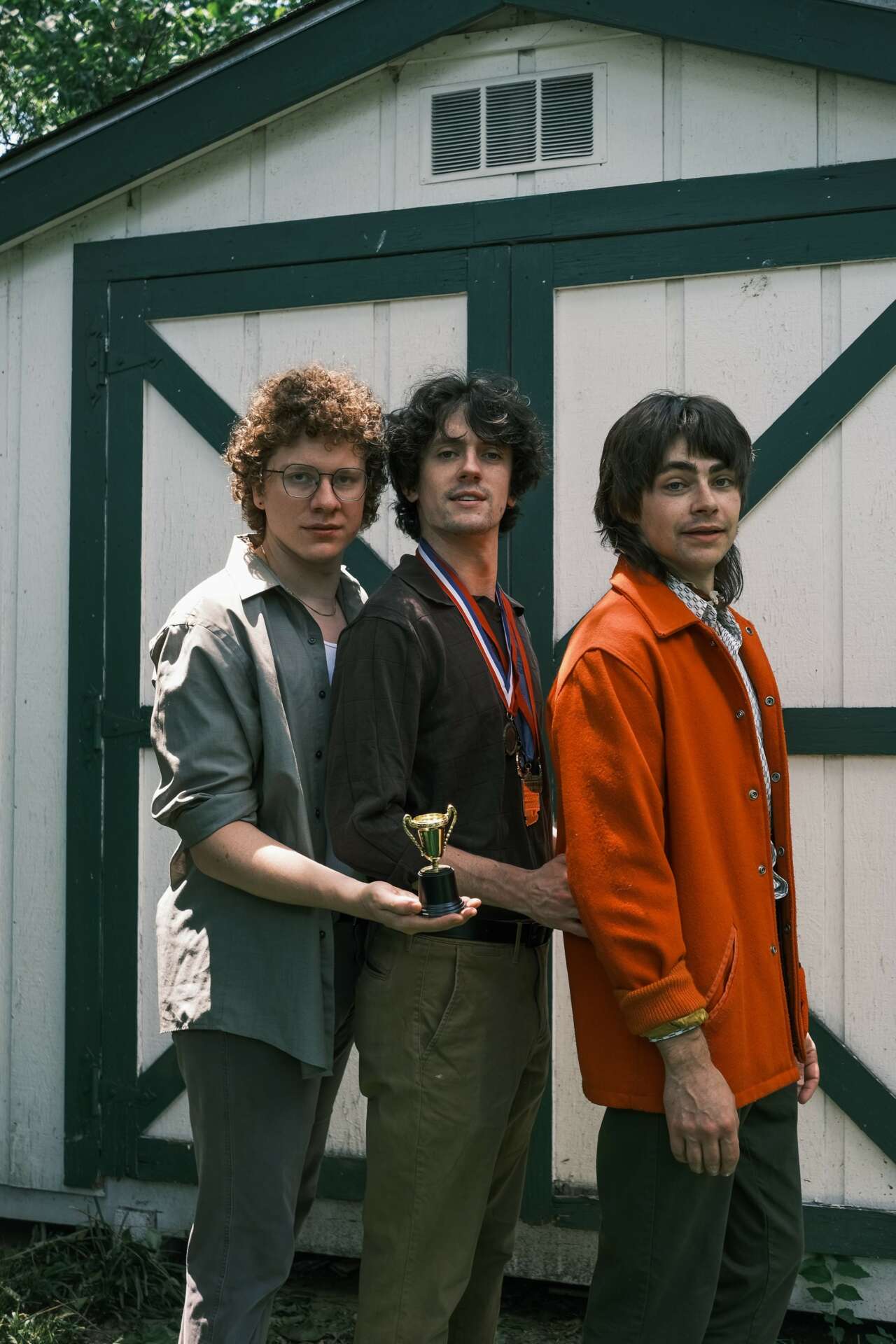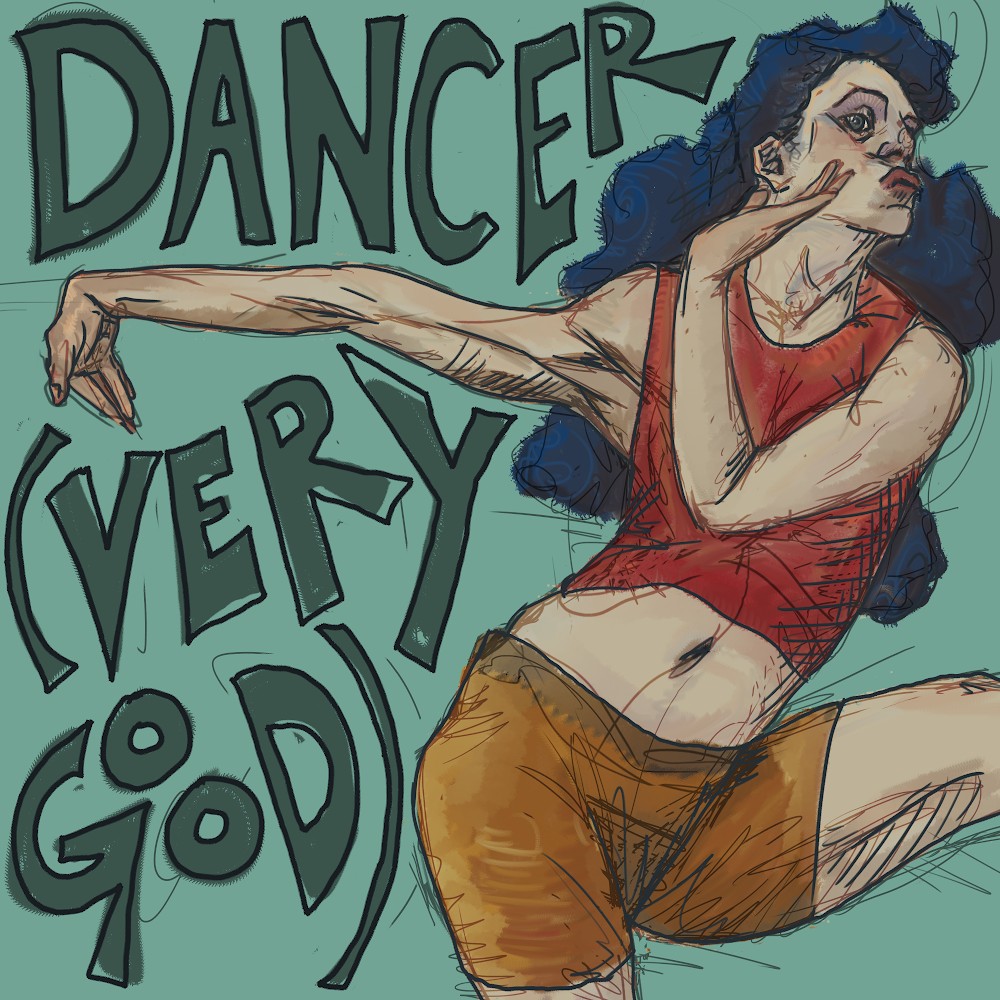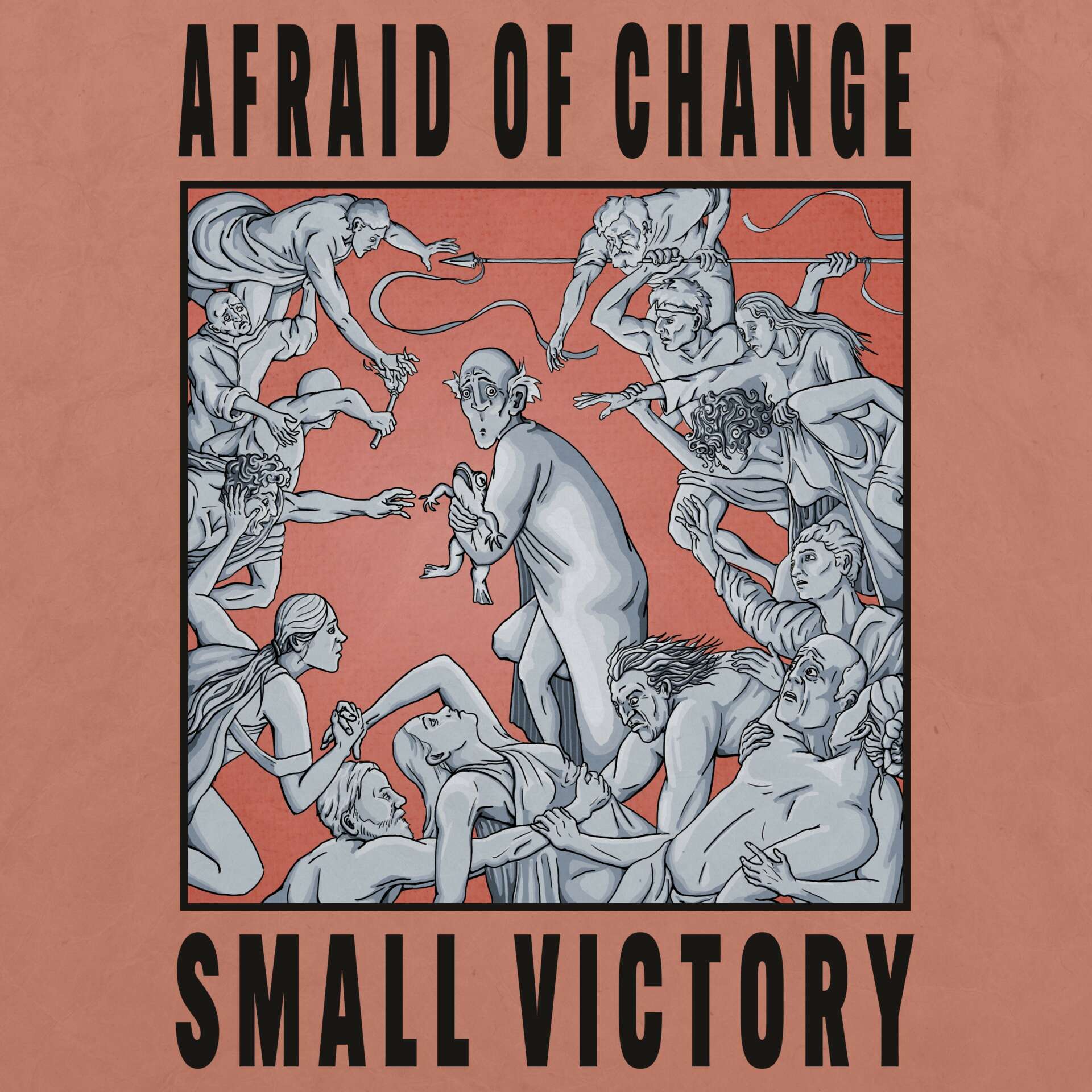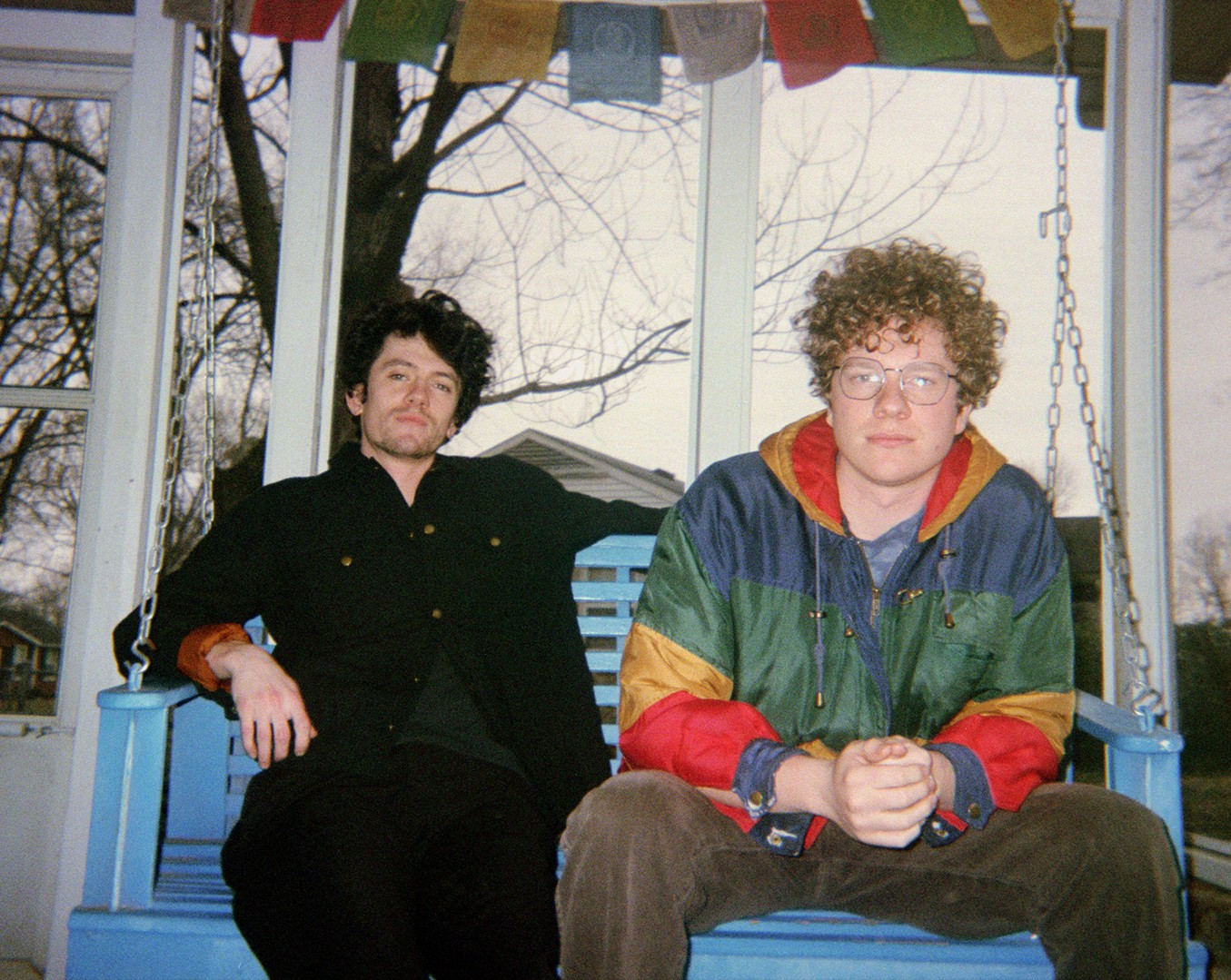We were lucky to catch up with Small Victory recently and have shared our conversation below.
Small, appreciate you joining us today. It’s always helpful to hear about times when someone’s had to take a risk – how did they think through the decision, why did they take the risk, and what ended up happening. We’d love to hear about a risk you’ve taken.
Packing up our lives to move across the country to form a rock band is generally seen as a great risk. We spent a lot of time and money studying in college, pursuing stable career paths. While this contributed to our overall education, those decisions were informed by fear of the unknown and lack of confidence in our artistic ability. We devoted more time mitigating the arbitrary risk of being a full-time creative than we did pursuing our most authentic goals. As artists, creation and expression is a necessity in our lives, and working towards doing anything else for the sake of stability compromised those values.
For us, we knew what we wanted to create together from the beginning. But because of the risks that accompany being a musician, or any entrepreneurial endeavor, we ignored our authentic selves and only delayed the inevitable. While we would never consider the privilege of going to college or being able to explore different pursuits a waste, our only regret is not believing in ourselves sooner.
Ultimately what we’ve learned is that being an artist is not a choice, but a balancing act between creation and risk management. Regardless of monetary achievement, our decision to invest in ourselves will always be a success.
To stay true to ourselves, we had to go all in, not allowing the risks to compromise our shared vision.

Small, before we move on to more of these sorts of questions, can you take some time to bring our readers up to speed on you and what you do?
Henry Gregson and Reed Ellsworth have known each other since they were 3 years old and have been collaborating creatively with music and other art since they were 14.
We grew up in a small town called Moscow, Idaho, and while it’s rural, quiet, and comfortable, it hosts a surprising arts scene. We spent our time exploring and learning music as best we could and playing in a rock band. But while Moscow was generous in its support of the arts, we both felt we needed new resources to obtain a better understanding of the music industry if we were to find sustainable ways to be involved in it, together or separately.
After graduation we parted ways and went to college to explore different avenues of music and art.
Reed went to Missoula, Montana to study music education and graduated with a degree in composition. Henry went to Nashville, Tennessee to immerse himself in the commercial music scene but found himself enrolled in college as well.
We spent five years in our respective new homes trying to discover ways in which we could fuel our creative goals. In Missoula, Reed honed his visual art style and trained in academic music while Henry explored the ins and outs of the recording industry. In the end, the skills we separately acquired came together when Reed moved to Nashville and created the band Small Victory.
Like many contemporary bands, we struggle to define our sound. We’re influenced by classics like Allman Brothers, Crosby, Stills, Nash, and Young, and Talking Heads but also love the modern sounds of The War on Drugs, Parcels, and Aldous Harding. As co-writers, because of our different backgrounds in music, we often blend sounds of jazz and blues with contemporary indie rock.
All our art and visuals that accompany our music are done by us and are meant to evoke a playful sense of wonder and nostalgia. Refraining from writing conventional songs about love and love lost, we write about our sense of place, home, nostalgia, and the earth. Our songs raise more questions than answers as we try and evoke a deep sense of curiosity and humility.
While our songs are very meaningful to us and ideally resonate with others, we invite our listeners to not take themselves or life so seriously. We approach our music with deep thought but sometimes present it in light-hearted ways to reflect our own perception of life.
To combat the feeling of living in an oversaturated and sometimes ego-driven industry, we view our music as an invitation to experience more raw emotions and contemplate introspective questions that we often move away from as we grow older. We try and infuse technical artistry with our views of the world.
In the end, we have a deep love for writing and performing music and want to share that joy with as many people as we can.

In your view, what can society to do to best support artists, creatives and a thriving creative ecosystem?
People really underestimate the power of word-of-mouth. While we’re tapping into the social networking aspect of business to get ourselves in front of new faces, we’ve found the biggest help has been attendees of our shows telling their friends about us. Talking about a local band or business that you resonate with or had a positive experience with to your friends makes a massive impact.

Any resources you can share with us that might be helpful to other creatives?
This is tough. When we first started playing music together in Idaho, we weren’t exposed to modern music technology or gear at all so we were limited to primarily acoustic instruments. I think this really helped us establish our cowriting flow and general stylistic preferences, but we were initially lost when it came to recording and production decisions down the line. If we had access to and the knowledge of basic equipment and recording practices, we might have been able to more accurately replicate the songs as we heard them in our heads.

Contact Info:
- Website: smallvictoryband.com
- Instagram: @smallvictoryband
- Facebook: @smallvictoryband
- Tiktok: @smallvictoryband
Image Credits
Cover Image – Wyatt Schreiber @_weeit


